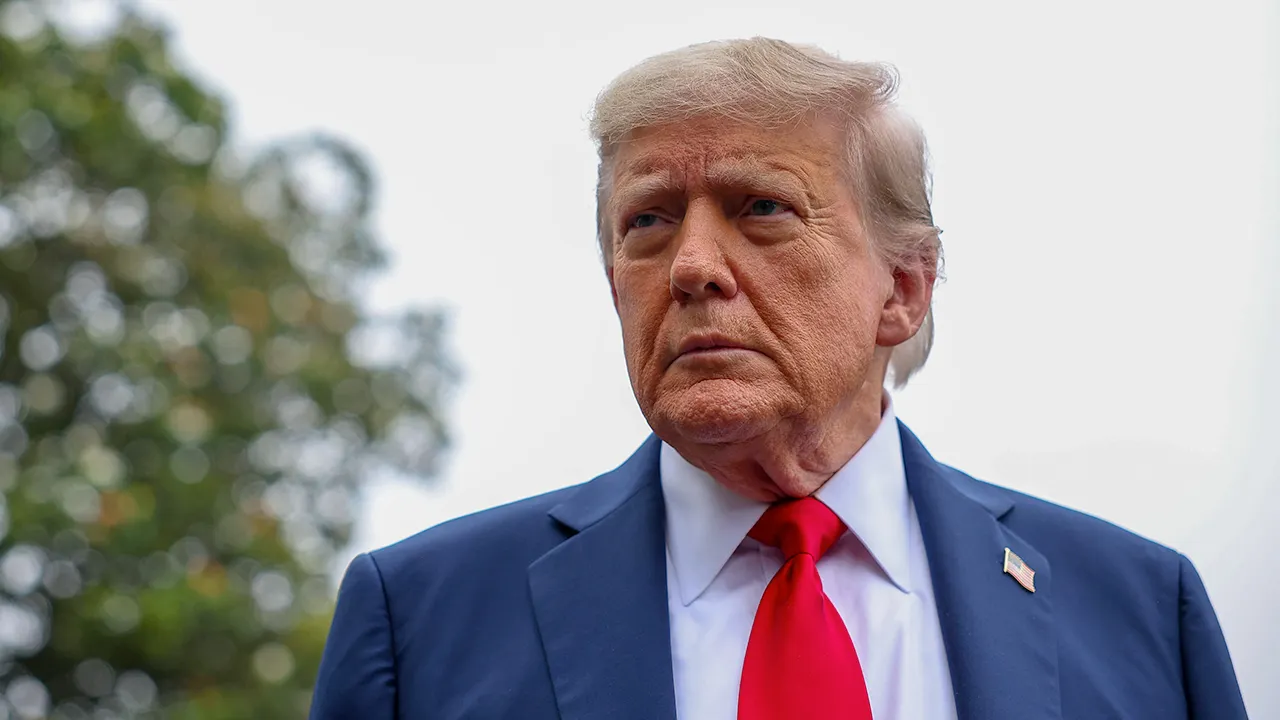Vote-a-rama kicks off as Trump’s signature bill nears high-stakes Senate vote

Senate Republicans are on the brink of a final vote on President Donald Trump’s ambitious agenda, known as the “big, beautiful bill.” After hours of debate on the megabill, the next challenge is the “vote-a-rama,” where lawmakers can submit unlimited amendments to the bill.
Democrats have raised concerns about the bill’s impact on Medicaid, green energy tax subsidies, and the ballooning federal deficit that would result from making Trump’s 2017 Tax Cuts and Jobs Act permanent. They argue that the bill would have dire consequences for the country.
On the other hand, Republicans have praised the bill for its potential to stimulate economic growth and prevent the lapse of Trump’s first-term tax cuts. Senate Finance Committee Chair Mike Crapo emphasized that not raising taxes does not necessarily increase the deficit, and they are committed to ensuring that does not happen.
The debate began with a dispute over whether Senate Budget Committee Chair Lindsey Graham or the Senate parliamentarian had the authority to determine the budgetary baseline for the bill. This decision would impact how the bill’s cost is calculated over the next decade.
The Congressional Budget Office released two scores reflecting different scenarios, one under current policy and the other under current law. The bill would add hundreds of billions or trillions to the deficit depending on the baseline used.
Graham defended the planned cuts to Medicaid as necessary to address waste and abuse in the program. He argued that the program had expanded significantly under the Affordable Care Act and needed reform.
However, not all Republicans are united in their support for the bill. Senators Rand Paul and Thom Tillis voted against advancing the bill, citing concerns about the deficit and the impact on Medicaid. Tillis criticized the changes to the provider tax rate and questioned the bill’s consequences for states.
Paul reiterated his opposition to the bill, particularly the $5 trillion increase in the debt ceiling. He emphasized the need to prioritize reducing the deficit and ensuring fiscal responsibility.
As the Senate moves closer to a final vote on the “big, beautiful bill,” the debate intensifies, with lawmakers on both sides of the aisle grappling with the implications of the legislation. The fate of Trump’s ambitious agenda hangs in the balance as senators navigate the complexities of the bill and its potential impact on the country.




